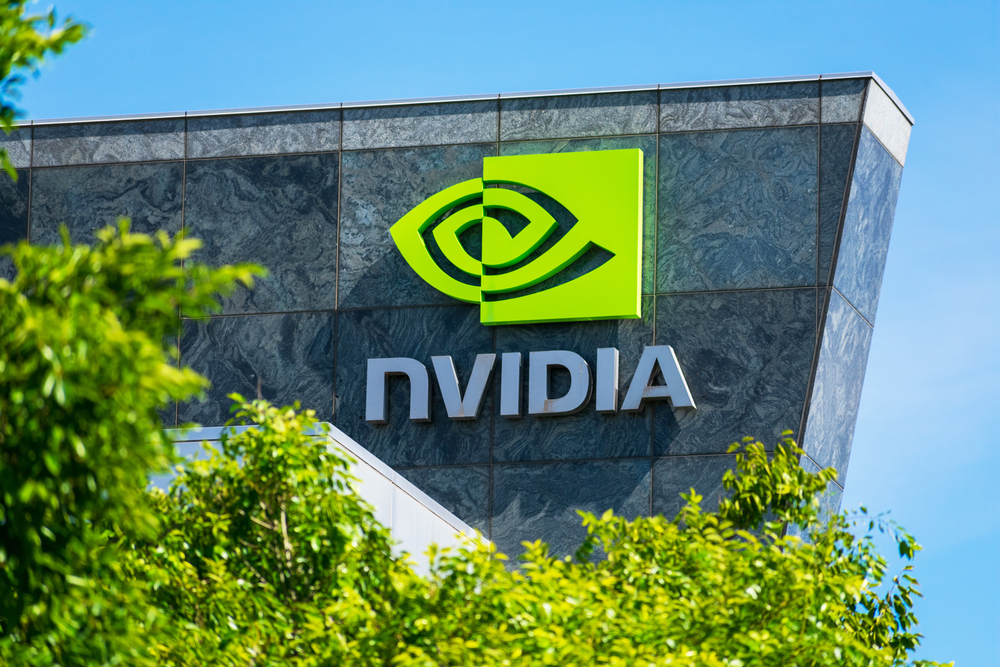NVIDIA’s AI Chip Delay: Potential Impact on Tech Giants and the AI Landscape
In the cutthroat world of technological advancement, even industry leaders aren’t immune to challenges that can disrupt entire ecosystems. Recently, NVIDIA—the powerhouse behind many AI innovations—has found itself in a precarious situation that could reshape the AI industry landscape.
The Meteoric Rise of NVIDIA
NVIDIA’s trajectory in the AI sector has been nothing short of meteoric. With a market capitalization soaring to $3 trillion earlier this year, thanks to the burgeoning field of Generative AI (GenAI), NVIDIA seemed unstoppable. Their revenue has skyrocketed by an astounding 262% year over year, fueled by the insatiable demand for their cutting-edge AI chips.
The Blackwell AI Chips: A New Frontier
Introduced in March, the Blackwell AI chips promised a performance boost up to 30 times that of their predecessors—the hugely successful NVIDIA H100 chips—while also reducing energy consumption by up to 25% in certain workloads. The stakes for these new chips couldn’t be higher, given that tech giants such as Google, Meta, and Microsoft have already placed multi-billion-dollar orders for their projects.

The Unforeseen Hiccup: A Design Flaw
However, the seemingly unstoppable juggernaut hit an unexpected speed bump. According to a report by The Information, production of these high-stakes chips has been delayed by at least three months due to design flaws discovered unusually late in the production process. The responsibility of identifying these flaws fell on Taiwan Semiconductor Manufacturing Company (TSMC), NVIDIA’s primary chip producer.
The flaw lies within the processor die connecting the GPUs on a single NVIDIA GB200 Superchip. This delay has triggered a domino effect, affecting the timelines for companies that were heavily relying on these chips for their innovative projects in AI, which spans across new product developments and setting up advanced data centers.
Impact on Major Tech Players
Google, Meta, and Microsoft are among the major players affected by this delay. These companies have already invested substantial amounts in their AI endeavors and had their sights set on deploying new products enhanced by the Blackwell AI chips. Google’s order exceeds 400,000 units, while Meta has placed a similar significant order. Microsoft, in collaboration with OpenAI, is also banking on these chips for pivotal advancements.

The Financial Stakes
A single GB200 Blackwell superchip commands a steep price of up to $70,000. When bundled into complete server racks, these costs can soar over $3 million. Given the high volume of orders and the readiness to deploy the newest technology stack based on these chips, any disruption translates not just into delayed projects but potentially massive financial repercussions.
Balancing Act: Delay vs. Defective Products
NVIDIA is arguably opting for the lesser of two evils by choosing to delay shipments rather than releasing faulty or underperforming products. History offers lessons here. Intel faced its own backlash with instability issues plaguing their 13th and 14th Gen Core processors, causing months of frustration and a considerable dent in their reputation.
Broader Implications for NVIDIA
The delay in AI chips is not the only storm NVIDIA is weathering. The company is under investigation by the U.S. Department of Justice over allegations that it unfairly pressured cloud computing companies into purchasing its AI chips. The probe even extends to potential antitrust violations related to its acquisition of Run:ai.
Navigating Rough Waters
The landscape is shifting continuously. With several of NVIDIA’s key customers investing in their own hardware research to foster in-house AI products, minimizing the impact of these delays is crucial for NVIDIA to maintain its market leadership.
Ultimately, navigating these multifaceted challenges will be critical for NVIDIA’s continued dominance in the AI hardware industry. Given the high stakes involved, the company will need to stay agile and responsive to maintain its standing. With a market that evolves as quickly as AI, even the smallest misstep can have long-lasting repercussions.
What does this mean for the future of AI and chip manufacturing? Will NVIDIA overcome these hurdles to maintain its lead, or will competitors find opportunities to capitalize on this disruption? Share your thoughts in the comments below.
